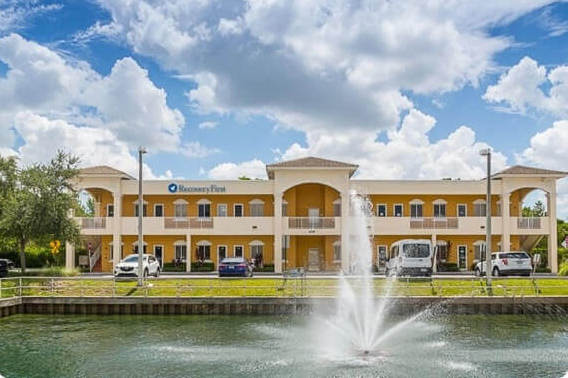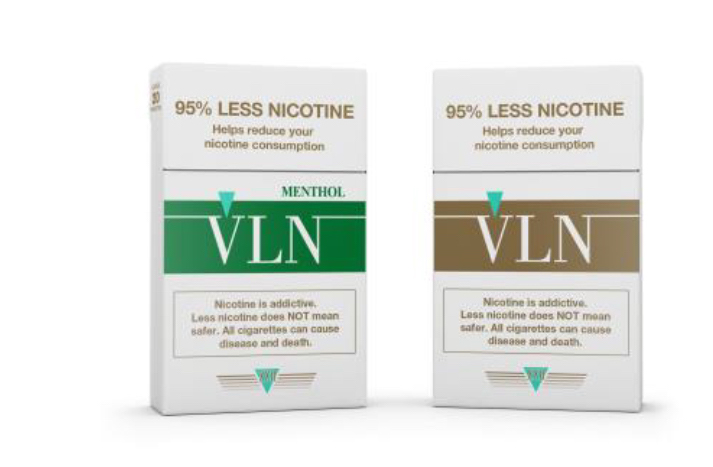To accommodate the different journeys of the two sexes, Wasatch Crest Treatment in Utah is now operating men’s and women’s transitional recovery residences
By Jenny Diedrich
Men and women experience addiction and approach recovery differently, and one Utah treatment center is expanding to help focus on their specific needs.
Wasatch Crest Treatment Services—a residential and outpatient program in Heber City that was founded in 2016—opened a men’s transitional recovery residence a year ago and did the same for women in May. Both the men’s and the women’s sober-living programs accommodate eight clients and have the same goal: to help patients transition smoothly from treatment back to daily living. Part of achieving that is recognizing the differences in the recovery journeys of the two genders, according to Jim Huffman, founder and CEO of Wasatch Crest.
I was convinced that transitional care was the best for me and stayed an additional 90 days. What we’re doing at Wasatch Crest is a blueprint for what worked for me and so many others.”—Jim Huffman, founder and CEO of Wasatch Crest Treatment Services
Huffman says building bonds with same-gender peers is key in recovery and typically more difficult for women than men. “[Women] tend to have a harder time bonding with each other. Developing deep bonds with same-gender role models is very important in recovery. Sometimes it’s hard for us to be truly vulnerable around the opposite gender. In that vulnerability and deep-rooted honesty is where we set a solid foundation,” he says.
Another difference between the genders involves the willingness to ask for help. In this aspect, women are typically more comfortable, notes Huffman. “For men, it’s about learning to be vulnerable and to be okay doing that,” he says. “As men, we grow up in a society where we’re supposed to be tough and strong. Asking for help and being willing to rely on another man to help guide our life is often really hard.”
Talking about trauma is part of the healing process, and housing same-gender clients together can make them more open in sharing their personal experiences.
The Wasatch Way
While not a new concept, transitional living programs continue to be important in building the continuum of care, says Huffman. Longer stays in treatment mean better chances for long-term sobriety. The average time in transitional living at Wasatch Crest is 60 days.

“We know statistically that the odds aren’t in our favor in recovery,” Huffman says. “It’s a low percentage of people who succeed. The longer people stay engaged in the recovery process, the better their chances. If you can get to a year of sobriety, your chances go up dramatically.”
During transition, the rebuilding process starts, Huffman says. Clients develop practical life skills including establishing credit, creating a resume, obtaining employment and finding a place to live post-treatment. They also work to repair broken family relationships and establish a routine.
“The term we like to use is building a life worth staying sober for. What do you envision a life in sobriety to look like for you? Patients have the opportunity to think about what they always wanted their lives to be like and talk with staff about how they can get there,” he says.
In transitional living, patients also learn that they can have fun being sober, Huffman says. “We spend a lot of time getting out and hiking. We do activities where [clients] come home and say, ‘I had an amazing day and I didn’t put a substance in my body.’ It’s about learning how to live life sober.”
Huffman, who himself has been in recovery for 14 years, draws on his own experience when developing treatment programs at Wasatch Crest. He originally wanted a quick fix when he entered treatment, but he eventually realized that wouldn’t work for him.
“If I had gone home right after my residential experience, I don’t know if I would have stayed sober,” he says. “You cannot build a life and clear the wreckage you’ve created over years of drinking and drugging in three weeks. I was convinced that transitional care was the best for me and stayed an additional 90 days. What we’re doing at Wasatch Crest is a blueprint for what worked for me and so many others.”
Top photo: Dainis Graveris














